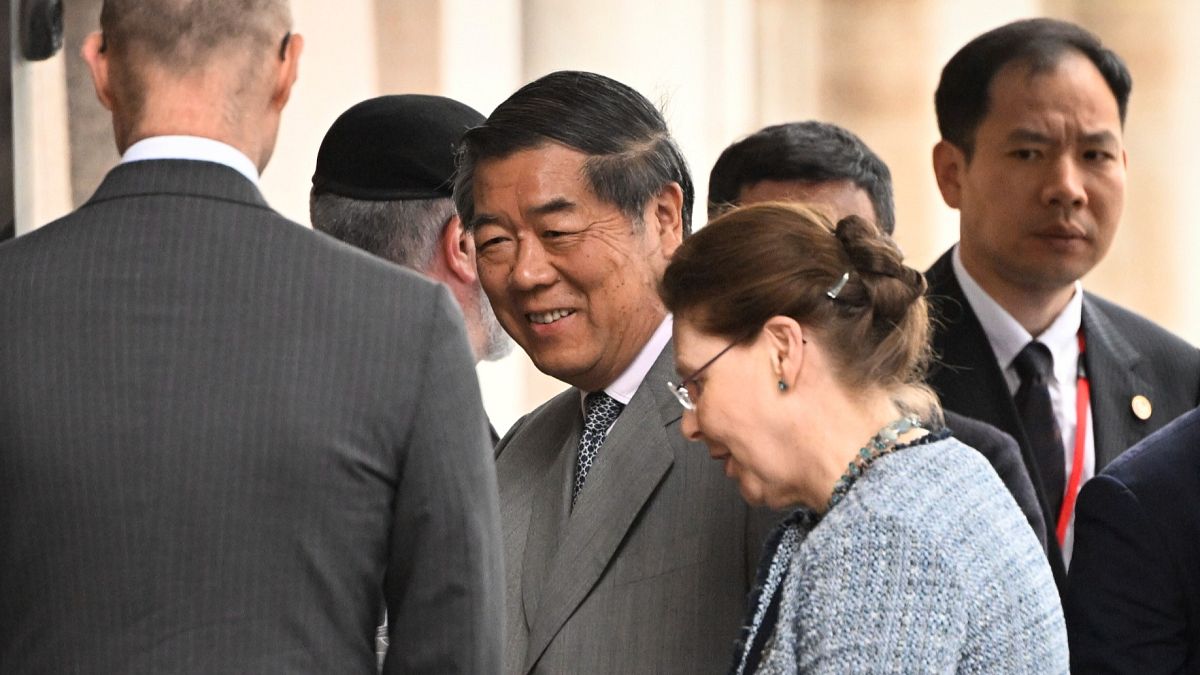

In a testament to the resilience of diplomacy, significant discussions between the United States and China continue in Sweden, seeking to extend a critical agreement on tariffs. Simultaneously, Thailand and Cambodia are working to uphold a delicate ceasefire agreement signed recently in Malaysia.
The United States and China, two economic giants, have stepped into the negotiation room in Stockholm as the countdown to a crucial 90-day tariff truce approaches its deadline. Both sides have shown determination to resolve ongoing trade disputes; nevertheless, a comprehensive resolution remains elusive. After two days of dialogue, the negotiators have found common ground in extending their trade pause to allow more time for further discussions, pending the approval of the current U.S. administration. This decision aims to sustain market stability and foster a more cooperative international trade environment.
The commitment to dialogue and extension of the trade pause represents a positive step toward addressing the complex trade issues between the two nations. Both countries have expressed their intention to pursue a mutually beneficial agreement, reassuring global markets of their dedication to finding a peaceful resolution. As the talks progress, there is hope that these efforts will pave the way for a new era of cooperation and partnership.
In Southeast Asia, Thailand and Cambodia are also striving for peace, having recently signed an “immediate and unconditional” ceasefire agreement following days of intense conflict. This agreement, brokered in Malaysia, marks the end of one of the most severe escalations between the two countries in over a decade, which sadly resulted in the loss of over 40 lives and the displacement of thousands. Despite initial breaches, such as those reported shortly after the ceasefire took effect, there is optimism that both nations are committed to maintaining peace and rebuilding trust.
The ceasefire agreement includes efforts by both nations to uphold national sovereignty while taking concerted steps to prevent further hostilities. This fragile peace serves as a beacon of hope for the region, illustrating the power of diplomacy in overcoming even the most entrenched conflicts. The international community remains supportive of these peace efforts, emphasizing the importance of dialogue and mutual understanding.
These parallel developments in vastly different parts of the world underscore the vital role of negotiation in addressing international conflicts, whether they are economic or territorial in nature. The talks between the U.S. and China and the ceasefire agreement between Thailand and Cambodia both highlight the potential for constructive dialogue to achieve lasting resolutions.
As the world navigates these complex challenges, the importance of diplomacy and peaceful negotiation remains prominent. Such efforts foster not only immediate solutions but also encourage long-term stability and cooperation among nations. These ongoing dialogues remind us that despite differences, collective efforts and mutual respect can lead to positive outcomes for all involved.
Source: {link}
